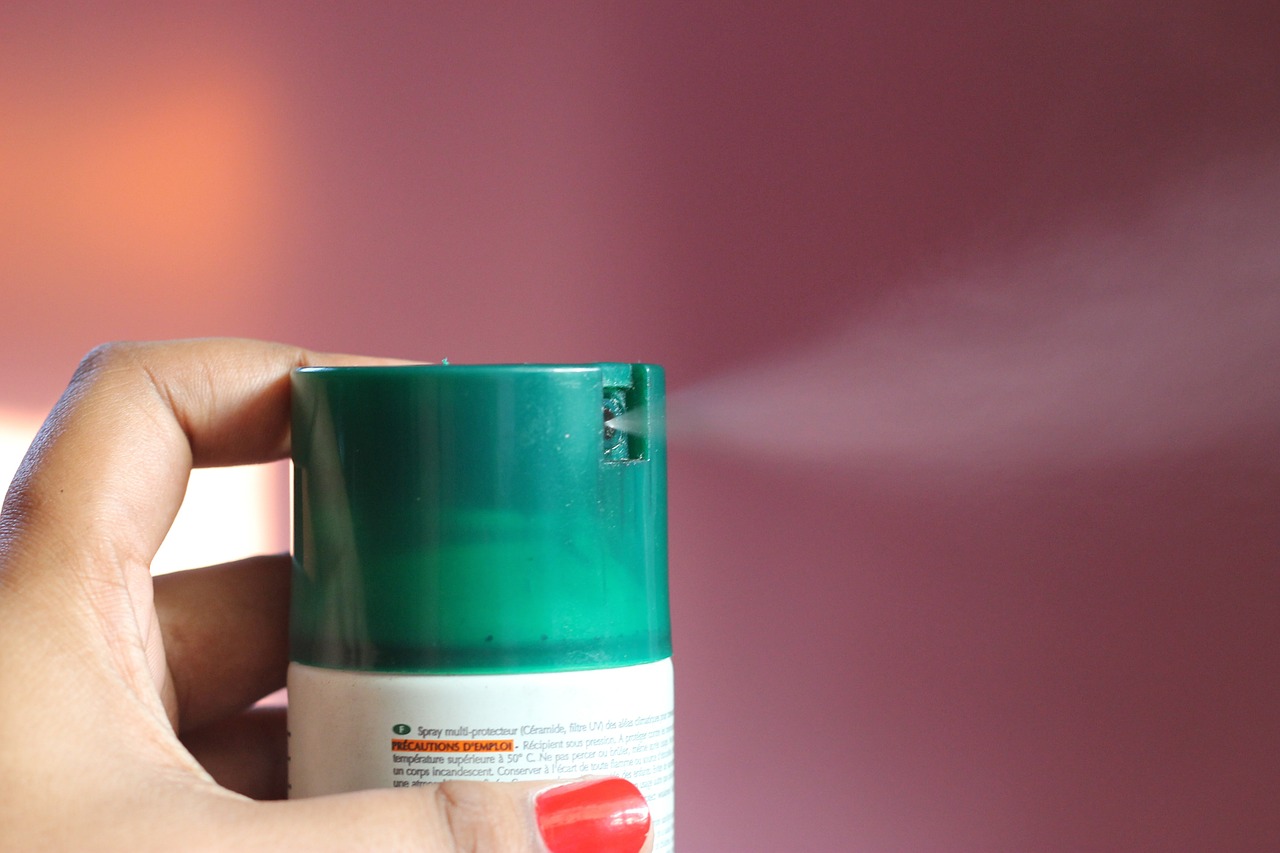One Piece of Good News From 2016

By:
For all the talk about the horrors of 2016, there was at least one glimmer of hope this year: the ozone layer, which protects the Earth from ultraviolet radiation, is beginning to heal.
Several studies over the past 10 years have found that ozone levels in the stratosphere are rebounding after the international community banned the use of chlorofluorocarbons in 1987. The Montreal Protocol's ban on these chlorine-based chemicals, which contributed to ozone depletion, appears to have been successful.
The ozone layer "absorbs 97 to 99 percent of the sun's high-frequency ultraviolet light, light which is potentially damaging to life on earth," according to NASA. But over the past 25 years, ozone levels in the stratosphere have decreased by about four percent. That trend is starting to reverse in response to international policies regulating chlorine-based emissions.
 AP/Brennan Linsley - apimages.com
AP/Brennan Linsley - apimages.com
"Scientists' finely tuned climate model found that the ozone hole over Antarctica in the month of September [2015] shrank by 4.5 million square kilometers, on average, between 2000 and 2015," Scientific American reported. "September is important because it is when sunlight fully returns to the Antarctic after winter, initiating chemical reactions in the atmosphere that eat away at the ozone layer."
What changed? Reduced emissions of chlorofluorocarbons that used to spew out of bug spray, paint, hair spray, and air conditioners before climate scientists identified their environmental impact.
 Pixabay - pixabay.com
Pixabay - pixabay.com
Though climate change remains a pressing problem that will affect generations to come with record global temperatures — the progress on the ozone layer has given scientists hope. After all, the shrinking of the ozone has been associated with an increased risk of health problems such as skin cancer, according to the World Health Organization.
"We can now be confident that the things we've done have put the planet on a path to heal," MIT climate scientist Susan Solomon said in a press release earlier this year. "We decided collectively, as a world, 'Let's get rid of these molecules.' We got rid of them, and now we're seeing the planet respond."
